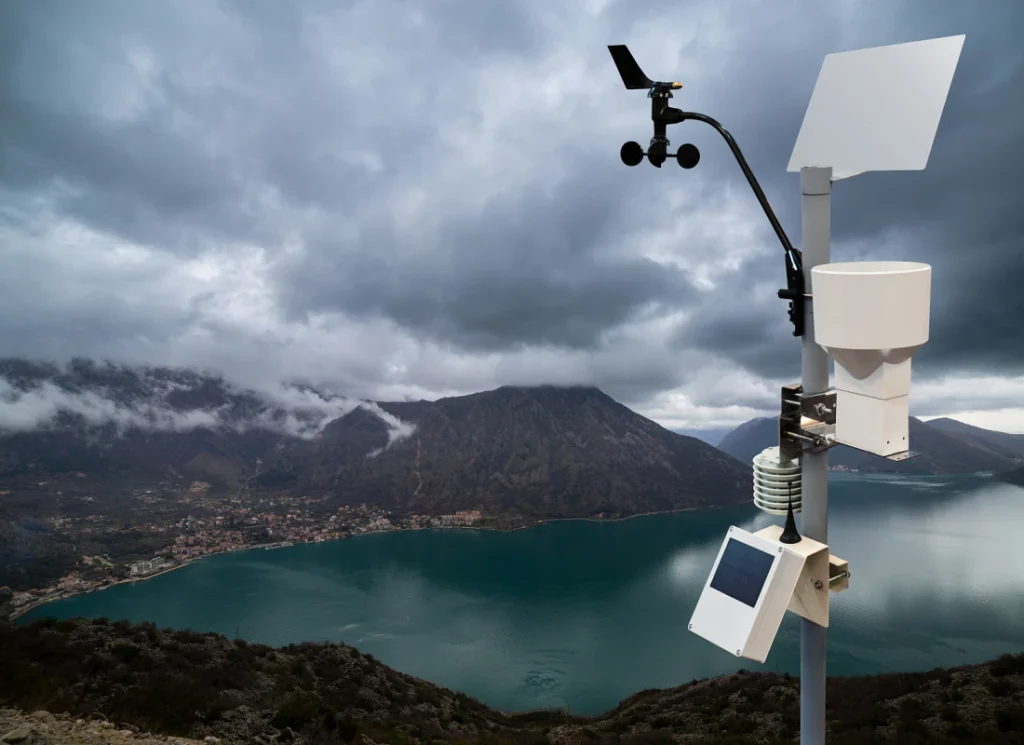
# Rainwater Sensor: Innovative Solution for Water Conservation
## Introduction to Rainwater Sensors
Rainwater sensors are becoming an essential tool in modern water conservation efforts. These innovative devices detect precipitation and help optimize water usage by preventing unnecessary irrigation during rainy periods. As water scarcity becomes a growing global concern, rainwater sensors offer a practical solution for both residential and commercial applications.
## How Rainwater Sensors Work
Rainwater sensors operate using various technologies to detect moisture:
– Capacitive sensors measure changes in electrical capacitance
– Resistive sensors detect changes in electrical resistance
– Optical sensors use light refraction to identify water droplets
– Weight-based sensors measure the accumulation of water
Most modern rainwater sensors combine multiple detection methods for improved accuracy and reliability. When rainfall is detected, these devices send signals to irrigation systems to pause watering cycles, preventing water waste.
## Benefits of Installing Rainwater Sensors
Implementing rainwater sensors offers numerous advantages:
### Water Conservation
By automatically adjusting irrigation based on actual weather conditions, rainwater sensors can reduce outdoor water usage by up to 50%. This significant reduction helps conserve precious water resources while maintaining healthy landscapes.
### Cost Savings
Reduced water consumption translates directly to lower utility bills. Many users report recovering their investment in rainwater sensors within a single irrigation season through water bill savings.
### Environmental Protection
Overwatering can lead to fertilizer runoff and soil erosion. Rainwater sensors help prevent these environmental issues by ensuring irrigation only occurs when necessary.
## Applications of Rainwater Sensor Technology
Rainwater sensors find applications in various settings:
### Residential Landscaping
Homeowners can integrate rainwater sensors with their automatic sprinkler systems to maintain lush lawns without water waste.
### Commercial Properties
Large campuses, golf courses, and municipal parks benefit from rainwater sensors to manage extensive irrigation systems efficiently.
### Agricultural Use
Farmers are adopting smart irrigation systems with rainwater sensors to optimize crop watering while conserving water resources.
## Choosing the Right Rainwater Sensor
When selecting a rainwater sensor, consider these factors:
– Climate conditions in your area
– Size of the area requiring irrigation
– Compatibility with existing irrigation systems
– Ease of installation and maintenance
– Sensor sensitivity and adjustment options
Many modern sensors now offer wireless connectivity and integration with smart home systems for enhanced convenience.
## Future of Rainwater Sensor Technology
The rainwater sensor industry continues to evolve with emerging technologies:
– AI-powered predictive systems that anticipate rainfall
– Integration with weather forecasting services
– Advanced machine learning algorithms for improved accuracy
– Solar-powered wireless sensors for remote locations
These advancements promise even greater water savings and efficiency in the coming years.
## Conclusion
Rainwater sensors represent a simple yet powerful solution for water conservation in an increasingly water-conscious world. By preventing unnecessary irrigation during rainfall, these devices help preserve our most precious natural resource while saving money and protecting the environment. As technology advances, rainwater sensors will likely become standard equipment in all automated irrigation systems, playing a crucial role in sustainable water management practices.
Keyword: rainwater sensor
